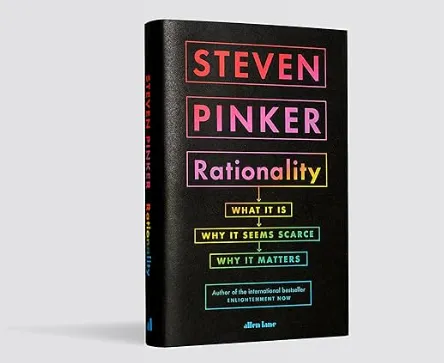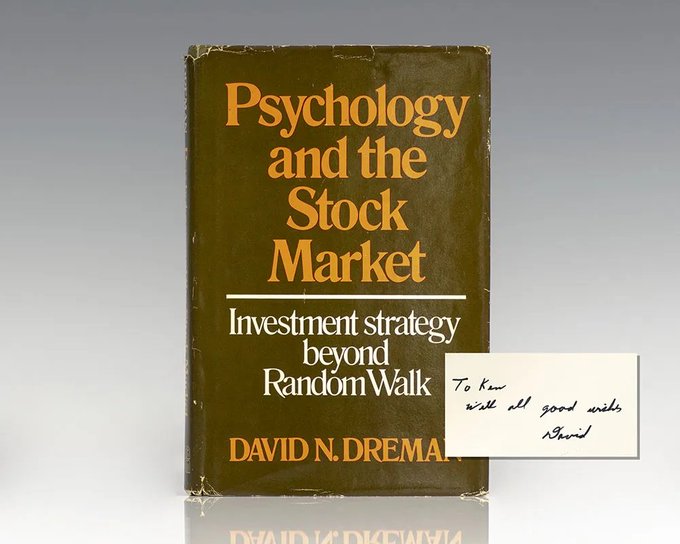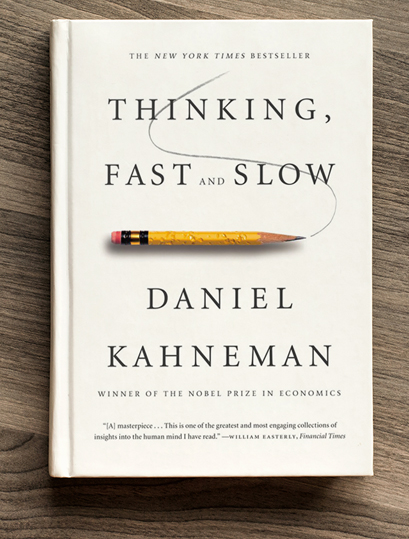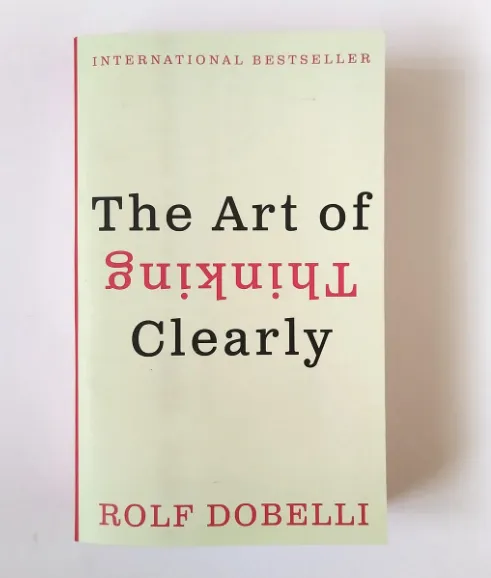Twilio’s ownership structure features a mix of institutional and individual investors, with several holding sizeable stakes. Here are the top shareholders as of January 8, 2024:
Institutional Shareholders:
- The Vanguard Group: With 9.595% ownership, Vanguard holds the largest institutional stake in Twilio. This translates to over 17.3 million shares.
- BlackRock, Inc.: BlackRock comes in second with approximately 5% ownership, holding around 9 million shares.
- Nikko Asset Management Co., Ltd.: This Japanese asset management firm owns around 3.5% of Twilio, which translates to roughly 6.3 million shares.
- Baillie Gifford & Co.: This Scottish investment firm holds around 3% of Twilio, amounting to 5.4 million shares.
- State Street Global Advisors, Inc.: This institutional investor owns around 2.5% of Twilio, representing 4.5 million shares.
Individual Shareholders:
- Jeff Lawson (CEO): As co-founder and CEO, Jeff Lawson holds a significant individual stake, estimated to be around 10% of Twilio’s total shares. This translates to roughly 18 million shares.
- Other individual investors: While not disclosed individually, other executives and early investors likely hold smaller stakes in Twilio.




